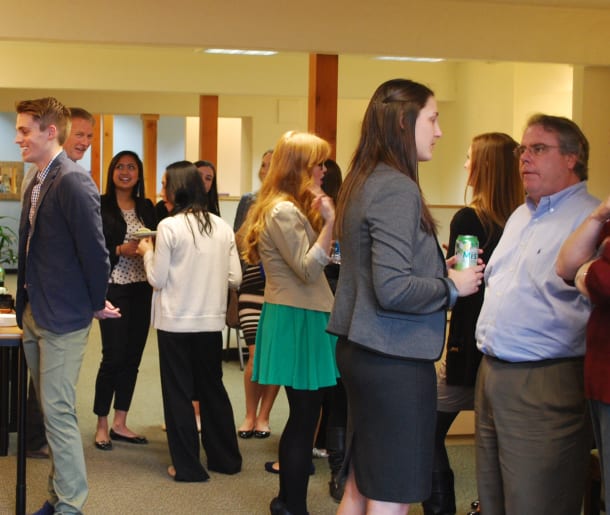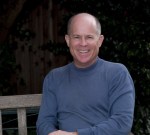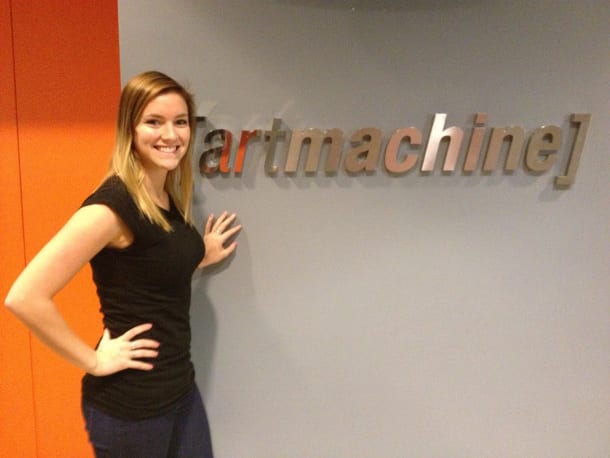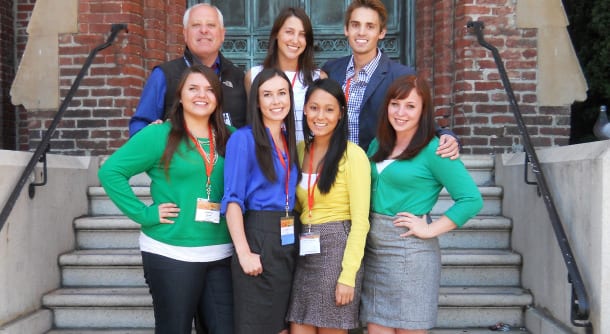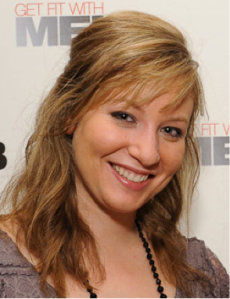You know the “six degrees of separation” theory? In Eugene, I think everyone is three-degrees apart, at most. The connectedness of a small market has some advantages and some disadvantages, depending on how you look at it and what you’re looking for.
Pros of working in a small market
In the world of agency PR, a small market has some major pluses:
- You can learn who the movers and shakers are in the community relatively quickly. These may be your clients, colleagues of your clients, or friends and family of your clients.
- You’ll build relationships with local media after the first few stories you coordinate for clients. You’ll figure out what stories certain reporters are interested in and how to pitch to them.
- Starting out, you will likely earn more responsibility and autonomy than at a larger agency in a big market. You may even be able to communicate directly with clients.
- You’ll probably be working for a small firm that provides training and support from upper management. Co-workers will become kin to family.
- You could potentially have a five-minute bike “commute” to and from work. No traffic. Rush hour? Never. It’s more like mosey minutes.
Cons of working in a small market
I can think of two drawbacks of working in Eugene. But with time and learning, I’ve overcome them, so that may null my findings:
- The “young professionals” community leaves a bit to be desired. Eugene is great if you’re a college student, you’re raising a family or you’re retired. After graduating from UO and getting hired in Eugene, none of those applied to me, so I had to do some digging to figure out my new identity and place in the community.
I found a few organizations that offered professional and personal connections in my playing field – the Eugene Chamber of Commerce’s Young Professionals Network and the Eugene Active 20-30 Club. The former hosts monthly networking events and the latter is a community service organization. By participating in both, I now have many new friends and see familiar faces at almost any community event.
I would imagine, however, that a larger city offers a more thriving young professional scene. Even co-workers could be of similar age and interests as recent grads.
- There are no opportunities to work with multi-national companies with multi-million dollar marketing budgets (or at least none that I’ve stumbled upon). While Eugene is home to some manufacturing companies and industries that distribute to or operate in other parts of the nation and world, you won’t find as many as in, say, San Francisco.
But, in my opinion, here’s the catch: You might be working on accounts like Apple, Subway or L’Oreal, but you could be on the fifth or sixth rung of the ladder – a place where upper management may not remember your name and you’ll rarely get to talk with a client face to face.
Small markets take the win
My “Pros” and “Cons” list shows five-to-two. That’s a win for small markets.
From my perspective, starting your career in a small market is the perfect training ground to develop skills and experience you’ll need if and when you decide to launch into a larger market. But I’m biased because I haven’t experienced professional life elsewhere.
Eugene is indeed a small world after all. But it’s made a big impact on my personal and professional growth.
Guest post by Lindsey Kate McCarthy, Account Executive at CAWOOD. You can contact Lindsey through our blog editor at cgisler@uoregon.edu.


